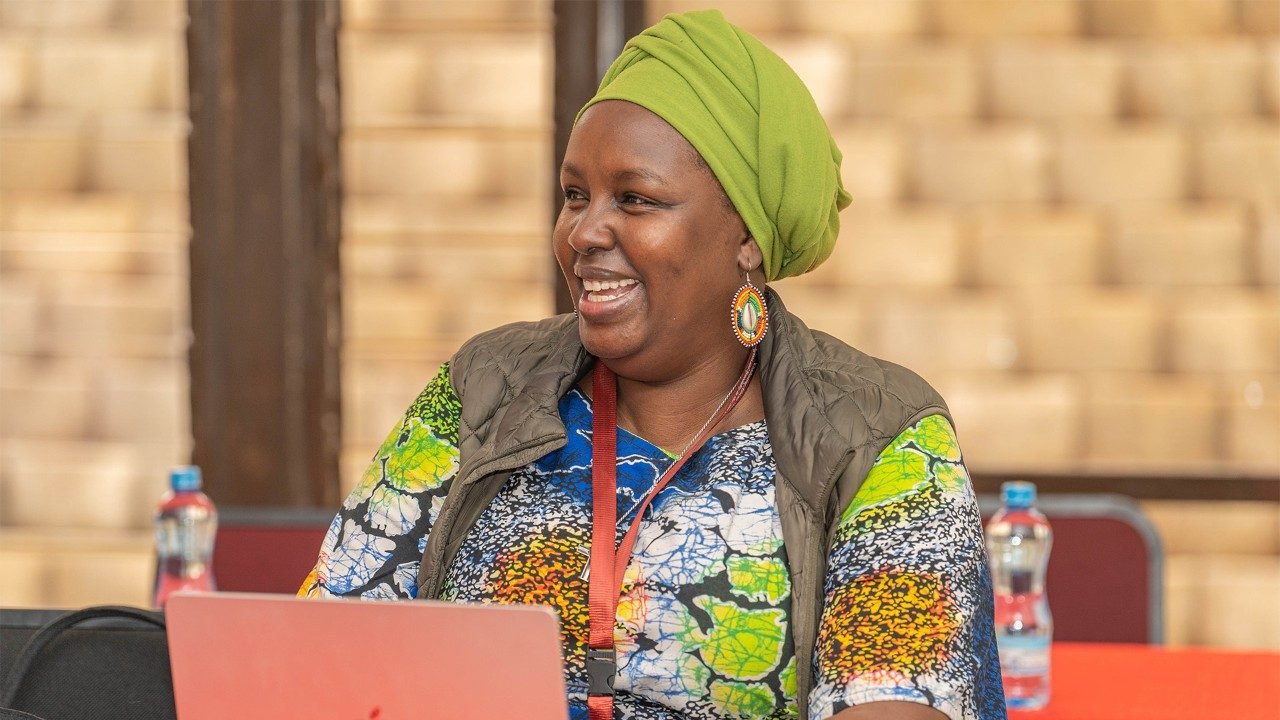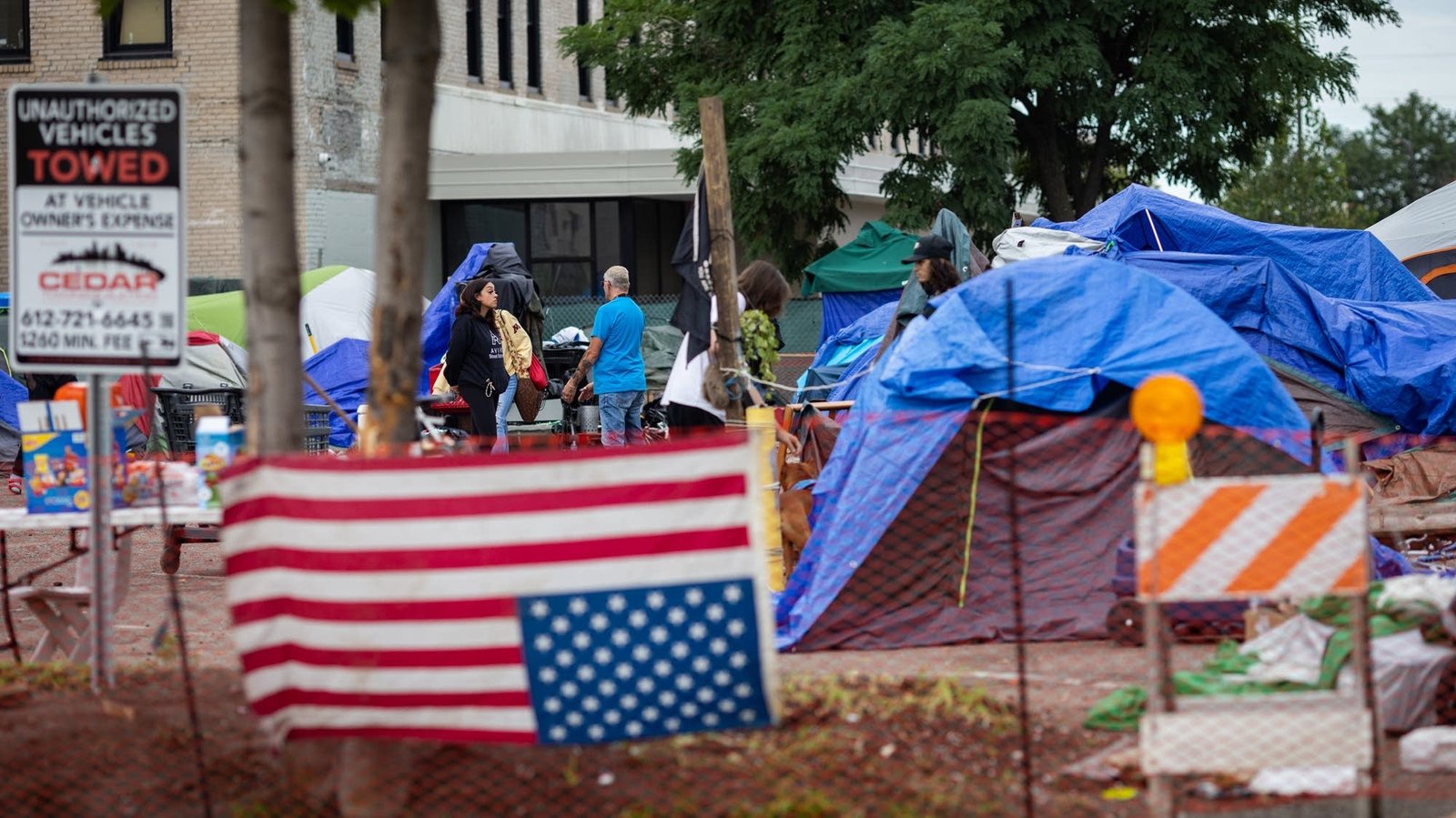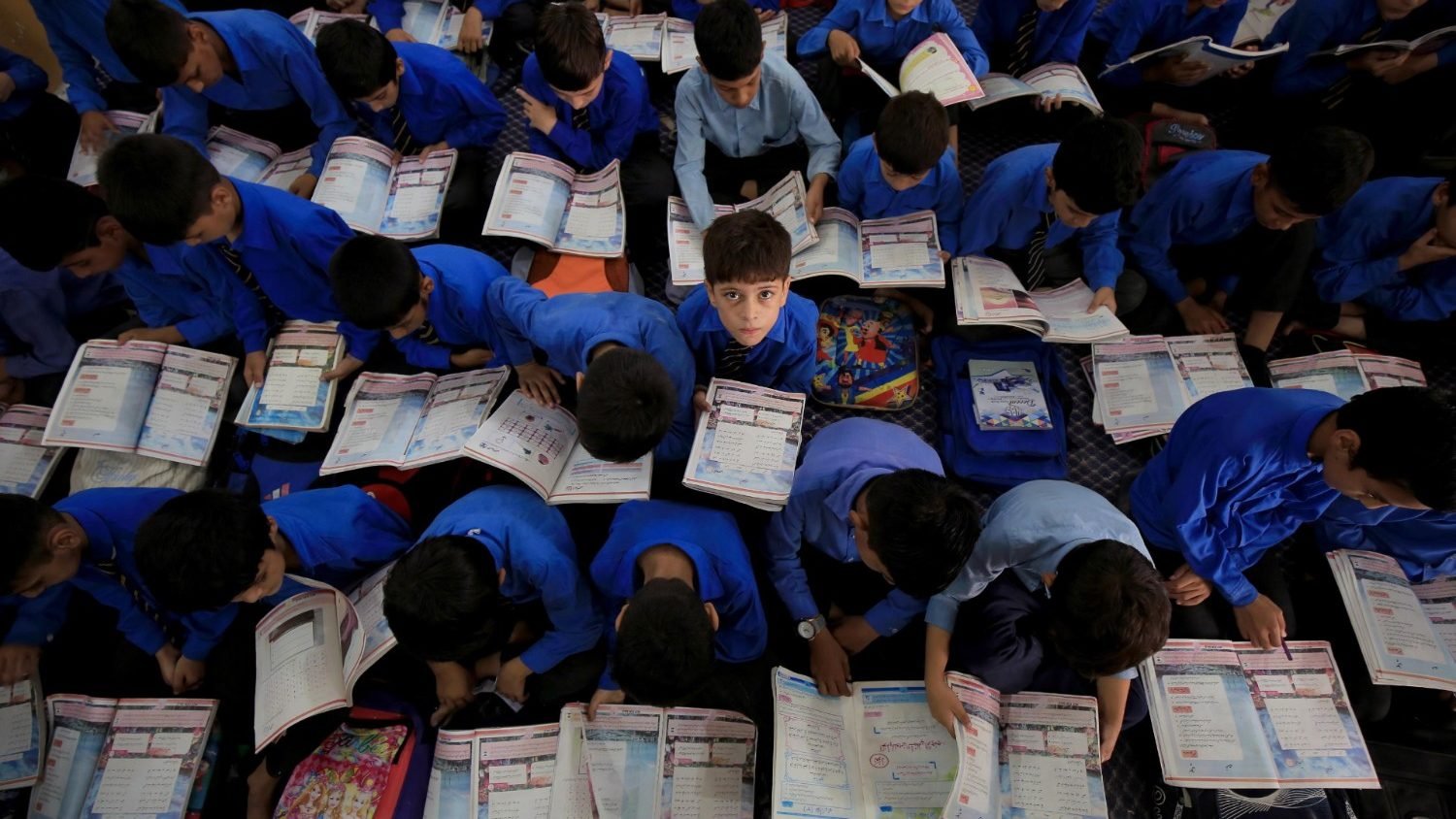Hekima University College in Nairobi, in collaboration with Watawa Wa Taa, hosts the second African Women Theologians Conference, a groundbreaking gathering aimed at amplifying the voices of women in theological scholarship and church leadership.
By Sr. Christine Masivo CPS
The Nairobi conference entitled “Synodality in Action: Emerging Ecclesiologies, Vitality of Women and Discerning Leadership for the 21st Century”, from 3 to 6 September, brought together renowned and emerging theologians, academics, clergy, and pastoral leaders from across Africa, Europe, and the United States, fostering dialogue on the role of women in shaping the future of the Church in Africa and worldwide.
Addressing the gender gap in theology
Despite decades of progress, theological scholarship within the Catholic Church remains largely male-dominated, particularly in seminaries where the majority of students prepare for the priesthood and ordination. According to the conference chairperson, Sister Jacinta Auma Opondo, (FSSA), a Franciscan Sister of St. Anne and Deputy Principal for Academic Affairs at Hekima University College, this imbalance undermines the mission of the Church. In an interview, she said that “the event was born from Hekima’s mission to amplify African women’s theological voices and that the theological formation cannot be complete without the contribution of women. Forty years after Hekima opened its doors to women, their voices are still underrepresented. This conference seeks to change that by creating a platform for African women theologians to be heard globally.”
The first African Women Theologians Conference, held last year, celebrated the contribution of Hekima to women’s theological empowerment. This year’s follow-up meeting focused on synodality, the Church’s call to walk together in communion and shared mission. The objective was not only to share experiences, challenges, and opportunities but also to strengthen women’s leadership in theological discourse and pastoral practice.
Synodality and the role of women
The conference highlighted synodality as central to Pope Francis’ vision of an inclusive Church. Sr. Jacinta stressed that for women theologians true participation requires education, networking, and leadership opportunities. The event brought together diverse voices, reflecting a synodal Church. A major goal is to create a network of African women theologians to mentor younger scholars, collaborate across disciplines, and influence theological education and parish life through research, writing, and pastoral initiatives.
Voices of healing and hope from the participants
Sr. Gisela Rfanyu, a participant from Holy Union Sister, a psycho-spiritual therapist and counsellor, explored how counselling can foster healing and reconciliation within a synodal Church.
“I was inspired by the theme because counseling promotes listening, which is vital for building a synodal Church,” she explained. “Theology is not just abstract; it is about encountering God in the realities of life ‘faith seeking understanding’. Integrating pastoral care and spiritual therapy into the Church’s mission is essential for a wounded world, a process of asking deep questions about God and life while remaining rooted in Scripture and tradition.” She believes that African women theologians bring unique perspectives of care, rationality, healing, and inclusivity to the Church’s discourse. They also challenge patriarchal structures and advocate for justice and equality within the Church and society
From conversation to action
Participants identified several strategies for integrating women’s insights into theological education and Church structures. These include collaborative formation between men and women, implementing the Code of Canon Law on shared ministries, creating listening circles, and promoting local theological reflections that respond to African realities.
The organizers acknowledged challenges such as resistance to change and limited resources but expressed optimism that dialogue and partnerships will overcome these obstacles.
The role of Watawa Wa Taa
A recurring theme at the conference was the contribution of Watawa Wa Taa, an initiative founded by Sr. Mumbi Kigutha (CPPS) of the Precious Blood Sisters in Ohio, to spotlight the presence and impact of African women religious. Acting as an incubator for ideas, Watawa Wa Taa documents stories of sisters engaged in ministries of justice, peace, education, and pastoral care, often in contexts of hardship and marginalization.
“Much of women’s work in the Church is invisible and under-documented,” said the convening chair. “Watawa Wa Taa ensures their stories are told, inspiring others and enriching the synodal journey.”
For Sister Gisela, the initiative is life-changing: “When you educate a woman, you educate a nation. Watawa Wa Taa has supported my theological studies and encouraged me to see that women have the potential to serve the Church in meaningful ways. Listening to senior theologians at this conference has deepened my resolve to continue this journey, and I now dream of pursuing a PhD in Justice and Peace Studies to help bring healing to my war-torn country.”
A church walking together
As the conference ended, one message stood out: the African Church must embrace synodality as a way of life, walking together, listening to wounds, and becoming a community of healing and mission. Women theologians seek genuine participation in shaping the Church’s future.
Sr. Jacinta, the convening chair, said, “My hope is that this conference will catalyze the integration of women into decision-making structures and foster collaboration in the Church’s mission. Empowered women theologians mean a stronger Church, one that is inclusive, just, and responsive to the realities of our continent.”
Sr. Gisela said, “This gathering fills me with hope. It shows that the Church is willing to grow in humility and inclusivity. The future can be brighter when we walk together.”
The 2025 African Women Theologians Conference has brought that exhortation to life: synodality not just in theory, but in praxis through conversation, mutual learning, theological insight, and collaborative action. It crowns a journey not merely toward inclusion, but toward transformation.
As Sister Opondo hopes, with this momentum and with the Watawa wa Taa initiative, African women theologians can become catalysts for a Church that is more participatory, compassionate, and true to the Gospel’s mission across the continent and beyond.






